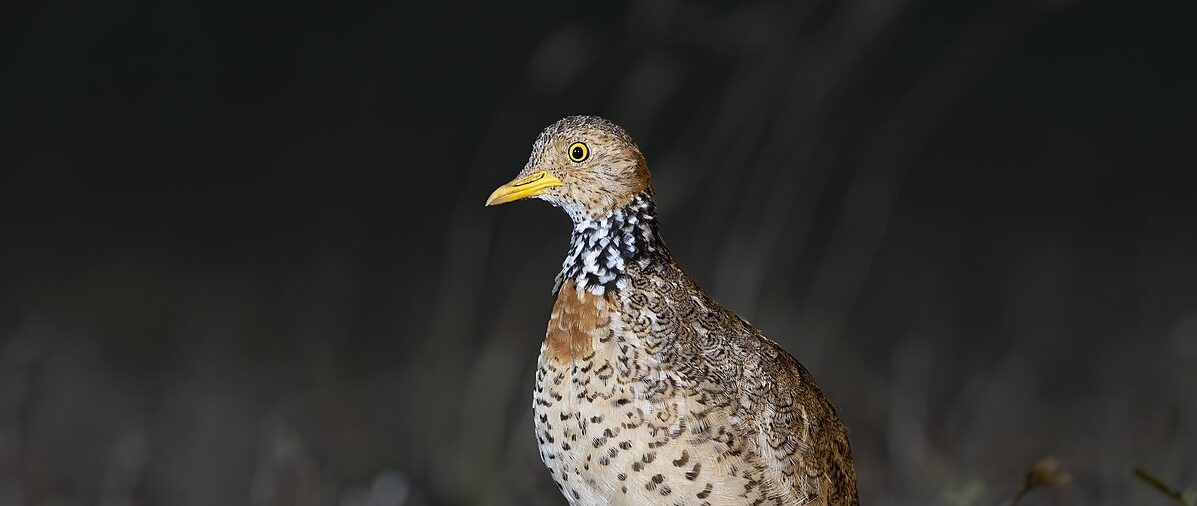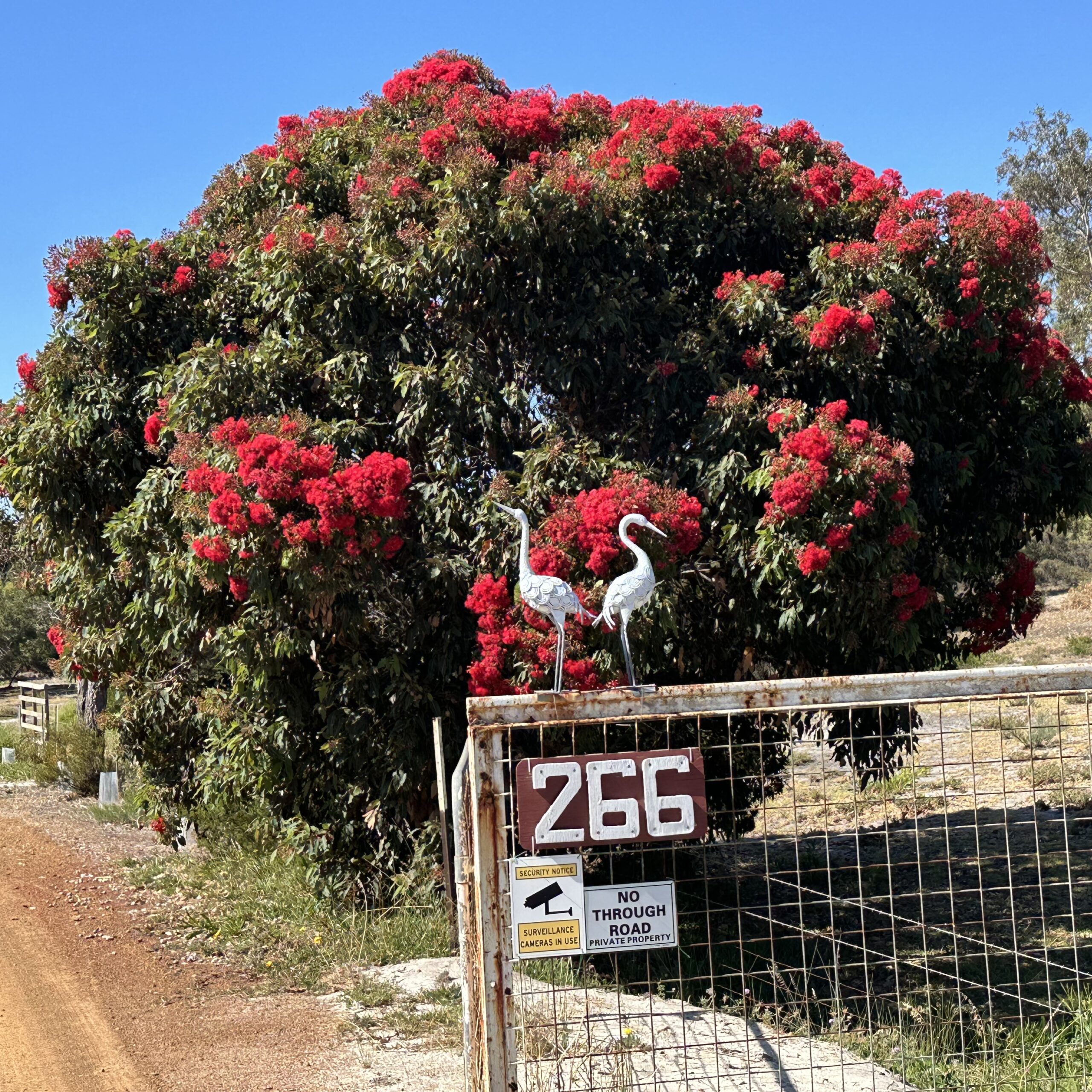The ‘Goldilocks bird’ Plains-wandererPhoto credits: JJ Harrison/Wikipedia The plains-wanderer (Pedionomus torquatus) is a unique and enigmatic native Australian bird. As the only species of the ‘Pedionomidae’ family, despite its quail-like appearance, these birds are believed to be more closely related to a group of South American shorebirds. Standing 15–19cm tall,...
Earlier this year, Chile experienced a series of devastating fires ravaging forests and natural reserves across the country.
On January 25, The Guardian reported, “More than 90 blazes have scorched 180,000 hectares, razed hundreds of homes, and turned village schools to ashes and destroyed cattle herds and vineyards”.
Firefighters and special aircrafts were flown in from around the world to extinguish the blazes.
Humane Society International (HSI) got to work straight away, and with teams on the ground assessed the need to reach areas of difficult access where farms and cattle ranches housed people with their companion animals and livestock.

Burns were hard to treat because they need constant change of bandages and cleaning of the affected area.
After identifying unattended locations, HSI focused its intervention in areas of difficult access, providing food and veterinary relief to towns and isolated farms.
The first trip to the town of Constitucion, about 220 miles south of Santiago, saw our lead veterinarian Dr. Sergio Rodriguez and his team visit a makeshift clinic where animals were receiving first aid for burns caused by the fires.
Upon speaking with local authorities, HSI discovered that many individuals were having trouble receiving help due to the difficult access to their farms, so our team quickly started returning calls and identifying on maps the farms and ranches that needed a visit.

Most of the animals affected were farm animals who could simply not escape the fires.
Most of the animals affected were farm animals who could simply not escape the fires. HSI provided vet care to sheep, horses, cows and companion animals and distributed food for owners to give them to ensure their return to health. The most pressing issue was to tend to the burns of the animals while also teaching owners how to properly continue to deliver wound care and help with the healing process as Chile recovered from the fires.
Burns are hard to treat because they need constant change of bandages and cleaning of the affected area, so this knowledge was passed on to owners to ensure the animals received the ongoing treatment to make a full recovery. Farm animals were more complicated to treat than companion animals due to their larger weight and size.

More than 200 animals were helped by HSI during the disaster relief operation.
The most delicate cases had substantial follow up, with two to three visits by our team throughout the month.
In total HSI helped over 200 animals, mostly sheep and horses, during the disaster relief operation. Unfortunately, many cows perished in the fields and the sheep showed some of the worst burns seen on animals during the fires. Some cats and dogs had burns to their paws and faces but luckily there were no third-degree burns on the companion animals treated.
In the case of the fires in Chile, many farmers have lost their livelihood and will need help getting proper for their companion animals in the near future.
HSI’s promise is that we continue to invest in the animals in the region, even after the immediate emergency has past.
Thanks to a generous Australian donor, support for HSI’s presence in the areas affected by the fires was possible, providing many animals the veterinary care they were in dire need of receiving.


